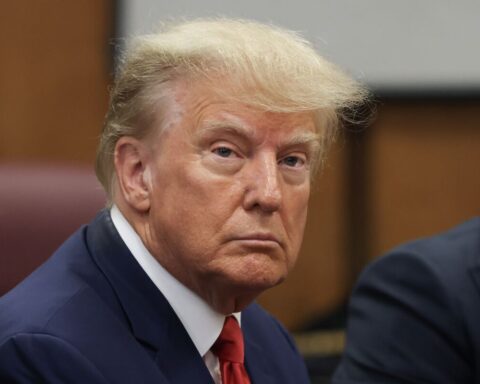In a recent interview with the Wall Street Journal, Coinbase CEO Brian Armstrong insisted that the regulation of cryptocurrencies isn’t as complicated as it might seem. He expressed his confidence that the United States would achieve clear regulatory guidelines for the crypto industry, even though it might take time.
This interview comes on the heels of a lawsuit filed against Coinbase by the Securities and Exchange Commission (SEC) on June 6, alleging that the exchange was operating as an unregistered securities exchange, broker-dealer, and clearinghouse. Armstrong argued in the interview that Coinbase’s operations do not require these registrations.
“The assets that we trade are commodities, not securities, hence they do not necessitate such registrations. We operate our exchange on crypto commodities,” Armstrong explained.
He also noted that despite not claiming to be a broker-dealer, Coinbase had faced difficulties in activating its acquired broker-dealer license.
When discussing regulations, Armstrong argued that crafting sensible rules is not “rocket science,” and he expects the U.S. to arrive at the correct regulatory framework over time. He believes the SEC lawsuit against Coinbase is significant for the entire U.S. crypto industry, as he hopes it will bring more clarity and prevent the U.S. from lagging behind other countries in this arena.
Armstrong is optimistic that once clear and stable regulations are established in the U.S., it would encourage crypto businesses to return to the country. He stated, “We expect entrepreneurs who had left the U.S. to return, as they won’t be randomly targeted or face high legal bills unexpectedly.”
A previous report by Cointelegraph noted a 26% decline in the share of global crypto developers in the U.S. between 2018 and 2022, attributing this decrease to regulatory ambiguity.
Armstrong emphasized that clarity is needed, especially in defining the roles and boundaries of the two major U.S. financial regulators, the SEC and the Commodity Futures Trading Commission (CFTC).
READ: Changpeng Zhao claims SEC chairman wanted to become Binance adviser




